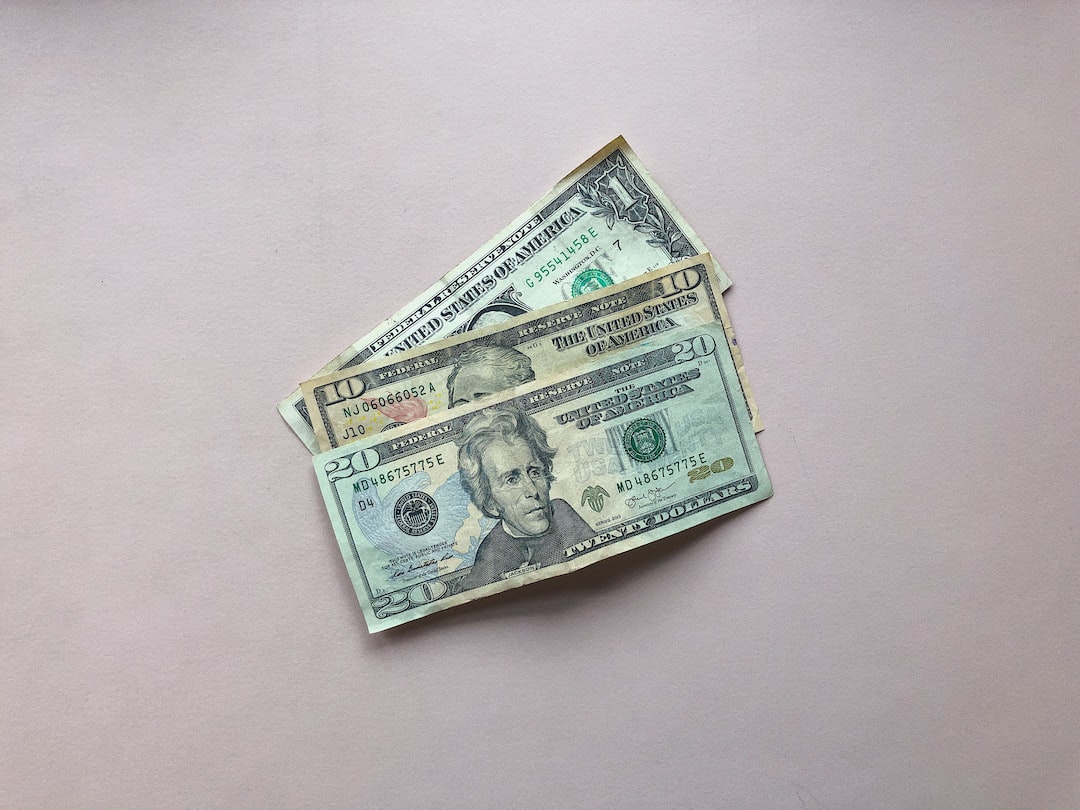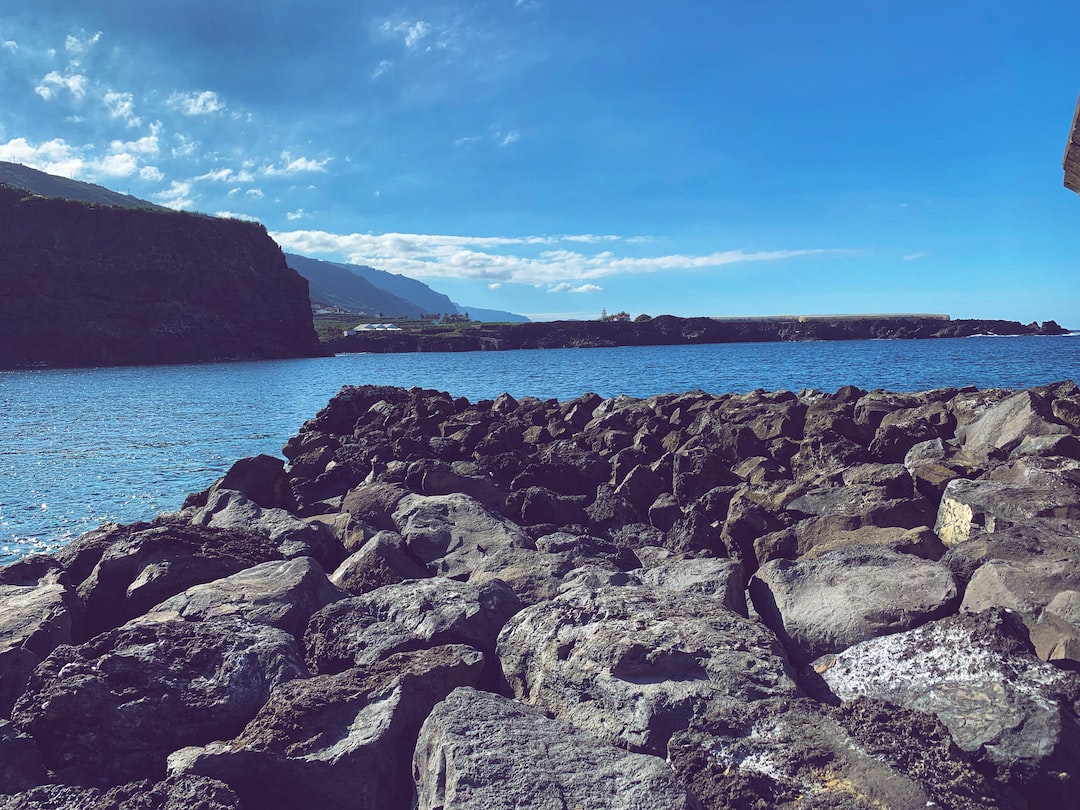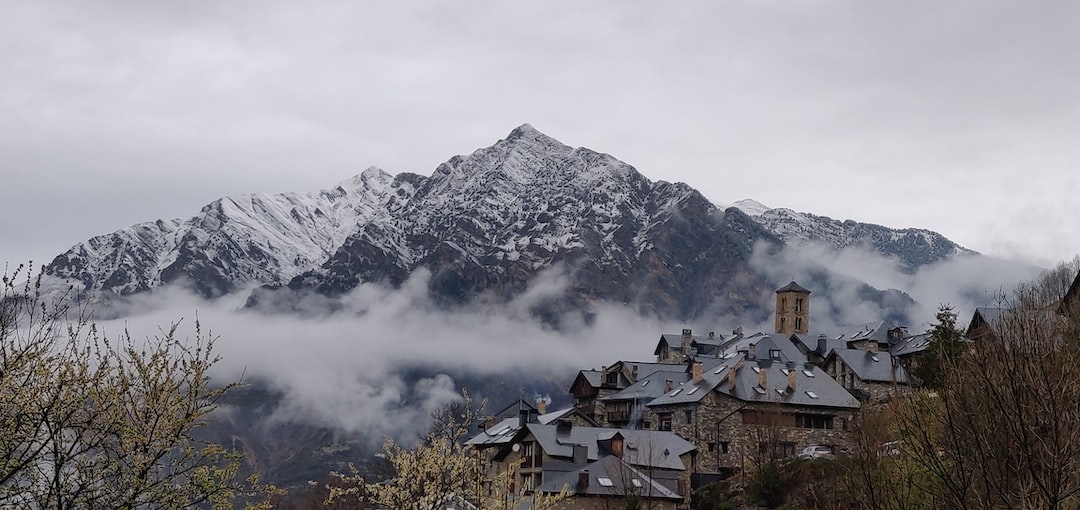Alright fam, buckle up ’cause we’re about to take a deep dive into some deep-ish waters. We’re talking about colonialism and how it’s still low-key influencing the world today—like, big time. You might be thinking, "Colonialism? Isn’t that something from my history textbook?" Yes, yes it is, but it also shapes your everyday life more than you’d expect. From the memes you share to the politics you see online, the ripple effects of colonialism reach farther than your IG stories. And it’s not just some ancient vibe check—colonialism is a critical part of the political tea in today’s world. So, let’s explore how colonialism’s BS is still kinda running our lives in ways we don’t even fully see. Ready? Let’s go. 🌍✊
Colonialism: A Quick Recap
Here’s the deal—colonialism was basically that era when western countries thought it was cool to roll up into other places and claim them like they were nabbing usernames on social media. Wealthy European nations like Britain, France, and Spain decided they owned huge parts of Africa, Asia, and the Americas. They exploited natural resources, stole land, twisted existing cultures, and set up shop like the OG influencers. But unlike your fave TikTok creator, they weren’t just doing it for clout—they were all about power. And the long-term aftermath of this power trip still shakes up global politics today.
How Colonialism Shaped Economic Inequalities 🍌💰
First off, let’s get this bread—or actually, let’s talk about how some countries aren’t getting that bread due to colonial legacies. Colonial powers pretty much robbed the Global South (that’s a fancy term for countries that aren’t Europe or North America) blind. They plundered resources like tropical fruits, gold, diamonds, and human beings. The local economies were disrupted—or entirely obliterated—because the colonizers weren’t down for maintaining those. They were just here for the #content, aka resources, which they then exported back home to flex their newfound wealth. Meanwhile, the colonized regions were left with depleted resources, stunted industrial growth, and what we call "structural poverty."
Even though colonialism is technically over, the same countries are still struggling economically, while former colonial powers—looking at you, England, France—are still economically lit. Ever wonder why places like DR Congo and Haiti are still hella poor? Spoiler alert: it’s because their economic systems were straight-up janked by colonialism. GDPs sunk and poverty became the default setting. When people talk about the Global North-South divide, it’s not just a random split—it’s what colonialism’s long shadow looks like today. Pretty savage, right?
Political Boundaries: These Lines Ain’t It
The present-day maps you see on Google Earth? Colonizers basically drew those lines like someone doing random doodles in class. Most of the current borders in Africa, Asia, and the Americas weren’t actually decided by the people who lived there but were imposed by European powers sitting around in office boardrooms. Yup, instead of being lit, they just straight-up drew arbitrary lines that often split ethnic groups in two or forced different cultures to suddenly coexist as one country. Bad vlogs don’t even cover how clueless these officials were—but their decisions turned into insta-disasters.
These imposed borders are why so many modern-day countries have ongoing conflicts, civil wars, and political instability. Like, imagine being forced to room with someone you absolutely can’t vibe with, but on a national scale. In Africa, the continent’s wars in places like Sudan and Nigeria can be partly traced back to colonial borderlines—that is, borders that make sense to nobody on the ground except, maybe, the colonizers who drew them. The ongoing dispute between India and Pakistan? Also rooted in some colonial BS. Colonizers peaced out without sorting their mess, leaving nations to figure out the WTF-situation on their own. A mess, truly.
Cultural Vibes Got Shook
Think colonialism just messed with economies and borders? Nah, it also hit culture hard. When European countries took over, they didn’t just take natural resources—they also imposed their own cultural vibes. They often enforced their language, religion, and cultural norms while dismissing or outright banning local traditions. That’s why, for example, English and French are the official languages in countries like Nigeria and Senegal, despite literally hundreds of native languages existing there.
But wait, it gets deeper. Colonizers often portrayed their culture as "superior" and everything else as "savage." This intense flex led to a phenomenon called ‘cultural imperialism,’ where colonized societies started internalizing the idea that their own cultures were inferior. This has triggered a lasting identity crisis in many regions. Today, you’ll find that people in former colonies have to navigate a tricky balance between their indigenous culture and the one imposed on them. This manifests in everything from the languages spoken to the values cherished. It’s this complex AF mashup that continues to influence global culture—the tension between how things were and how they’ve been twisted over time.
Decolonization: The ‘Haha, Jk’ Moment in History
Let’s rewind to when colonialism was "officially" cancelled. The 20th century saw a wave of decolonization as countries started fighting and negotiating for their independence. Between the two World Wars, and especially after WWII, the global mood was like, “Colonialism is bad vibes.” European nations had to let go of their colonies, but this wasn’t exactly the neat, happy-ending scenario the textbooks sometimes make it out to be. Nope, the process was messy AF and often violent.
In many cases, the colonizers dipped without actually setting up these countries for success. They left power vacuums, sketchy political systems, and weak economies. So while the nations technically gained independence, they were still kind of screwed, TBH. It’s like finally getting to drive your own car but the brakes don’t really work, and oh yeah, the engine is also dysfunctional. Seriously chaotic energy.
The new leaders in these postcolonial states had to figure out how to run a country that was economically and politically janked up, often with little-to-no help from the former colonial powers. Catch: some of these colonial powers kept shady ties with their former colonies to maintain influence, ensuring their messy involvement persisted. For reals, they might’ve written “peace out” in the history books, but they left a whole lotta mess in their wake.
The Struggle for Identity: Mixed Feels
This one’s gonna hit hard, especially for Millennials and Gen-Zers from postcolonial countries who’ve low-key felt this struggle personally. The colonial era didn’t just take resources, it also created a lot of identity drama. The people in these colonized countries were often caught between their indigenous roots and the cultural norms forced upon them by their colonizers. Talk about one big identity crisis, am I right?
For example, consider how people in India might navigate their cultural identities today. English is widely spoken, Western dressing forms the wardrobe staples, and yet there’s also a strong push to reconnect with traditional Indian culture. This tug-of-war can leave young people feeling like they’re not fully either—forever in a weird in-between space.
It’s also wild that this complex identity struggle didn’t just happen during colonial times; it still messes with people today. Thanks to globalization and the legacy of colonialism, cultural identities are increasingly becoming hybridized. On the bright side, this mix can lead to some dope, new cultural phenomena, but it can also cause a sense of rootlessness. You’re connected to your history but also distanced from it in unexpected ways. No cap, it’s one of the most complex legacies left behind.
The Power Dynamics: Still in Play 🎭
Check it—global power dynamics didn’t exactly go through a radical shift after decolonization. The economic and political systems are still highly influenced by those old colonial power structures. Former colonial powers are now often grouped as part of the "Global North," while the previously colonized countries make up the "Global South." If you’ve ever heard of terms like G7 or G20, know that these are essentially modern-day VIP groups mainly composed of former colonial powers or countries aligned with them.
These dynamics play out in diplomatic relations, international trade, finance—you name it. The former colonial powers often exert influence over these self-described “developing” nations through economic and political pressure. It’s similar to high-key bullying, dressed up in diplomatic jargon. Think about international organizations like the United Nations, World Bank, or the International Monetary Fund. These institutions often reflect the interests of the Global North, making it challenging for Global South countries to really flex their muscles.
Historically speaking, these institutions have been critiqued for fostering systems that resemble neo-colonialism. They offer loans to former colonies but with strings attached—conditions that often put developing countries in tough spots, sometimes making things worse instead of better. So, for real, those 300-year-old colonial ties? They’re still relevant in today’s global power dynamics, just with fancier names and dressed in bureaucracy.
Pop Culture and Postcolonial Narratives 🎬
Alright, let’s bring it closer to home with something we’re all consumed by—pop culture. The colonizer vibes have been so pervasive that they influence which stories get told, and by whom, even today. Hollywood, for example, has been accused of consistently portraying non-Western countries through a colonial lens—basically, perpetuating stereotypes and ignoring the rich complexity of those cultures. It’s like looking at someone’s IG highlights and assuming you know their whole life.
Take modern journalism too—the way wars, poverty, and political unrest in former colonies are portrayed by Western media often reflects an outdated, colonial mindset. Non-Western countries frequently get depicted as chaotic or less developed, with little recognition of how colonialism set them up for struggles in the first place.
But, there’s a shift happening, no doubt. Movements like decolonizing Hollywood and the rise of storytelling from previously colonized countries are breaking these narratives down. From movies to literature to fashion, marginalized voices are slowly but surely taking back the reins—redefining their own stories and cultures, no filter needed. Think about shows like "Queen Sono" or movies like "Black Panther"; they reflect a shiny new postcolonial narrative where the formerly oppressed are creating their own legends. These pop culture shifts are significant ‘cause they help challenge and rewire the colonial mindset ingrained in global culture, even if it does take time.
Global Monuments: A Cold, Hard Reminder 🗿
This one’s more tangible—ever walked by a statue and thought, “Do we seriously need to stan this dude?” Across the globe, you’ll find monuments, statues, or even entire museums that honor colonial figures, generals, or kings. In cities like London, Paris, or even New York, these symbols stand tall as testaments to how deeply colonialism is embedded in modern culture.
There’s been some serious debate lately about whether these statues should stay. I mean, do you really need a bronze figure of a dude who was basically a historical villain? On one hand, these statues are a painful reminder of colonial accomplishments at the expense of others. On the other hand, they serve as important historical markers that shouldn’t be erased but re-contextualized.
For many, these icons are a reminder of the colonial history that’s directly responsible for modern-day inequalities. They perpetuate the legacy of oppression, standing literally tall on stolen land or labor. This is why movements for removing or renaming these monuments have gained traction globally. From the “Rhodes Must Fall” movement in South Africa to the removal of Confederate statues in the U.S., this is about much more than a few bronze statues. It’s a public reckoning that uncovers long-buried truths—truths that the colonizer classes have been trying to low-key erase from the collective memory. So, seeing these statues fall can feel like a small step toward decolonizing the mind and reclaiming space.
Neocolonialism: Same BS, New Wrapping 📦
So, colonialism officially ended, right? Well, here comes another plot twist: neocolonialism. Think of it as the remix no one asked for. Neocolonialism is about former colonial powers—or even new ones—using indirect methods to control former colonies. Instead of physically occupying territories, modern-day powers use economic pressures, political agreements, and military alliances to exert influence. It’s like colonialism put on a suit and tie and kept on working.
Global trade agreements and foreign aid are just a few examples of how neocolonialism plays out. On the surface, this sounds like nations helping each other out, right? Nah, it’s more like strings attached. Take China or the U.S., for example. They "help" developing countries by providing infrastructure or loans, but in reality, they’re trying to secure positions of influence, resources, or political power.
Let’s not forget multinational corporations, which continue to exploit resources and cheap labor in developing countries. If you’re sipping coffee or eating chocolate right now, there’s a good chance it originated in a Global South country that isn’t getting a fair deal in the global market. These corporations aren’t colonizers in the traditional sense, but their actions extend the same power dynamics, keeping those regions under their economic thumb. It’s like colonialism got an Instagram-worthy makeover.
Reparations: Time to Pay Up 💵
This point’s been blowing up on timelines, debates, and discussions worldwide—reparations. More countries and communities are calling for reparations from former colonial powers as a way to address historical wrongs. When you consider all the wealth that colonial powers extracted, and all the damage they left in their wake, reparations kinda make sense, right? It’s like karma, only with cash.
Reparations can take many forms—financial compensation, land restitution, forgiveness of debts, or even public apologies. The aim is to provide some kind of redress for the atrocities committed during the colonial era. And it’s not just about handing over stacks of cash and calling it a day. Reparations could also involve putting resources into education, healthcare, and infrastructure for formerly colonized nations struggling due to colonial exploitation.
While some European countries, like France, have begun paying reparations in certain contexts, the movement is far from universal. Former colonial powers often argue that reparations would be too complex or infeasible to implement. But many see this as a flimsy excuse to avoid accountability. For years, countries in the Global South have been carrying the burden left by colonial powers, and the conversation surrounding reparations is a vital step toward addressing these historical injustices.
Education: Rewriting the Syllabus ✍️
If you’ve ever had a history teacher hit you with the “Columbus discovered America” spiel, you’ll know that traditional education systems in former colonial powers often brush over some of the messier aspects of their histories. The colonial-era narrative? Sanitized, simplified, and served up in a way that skips the whole exploitation and violence part.
But now, things are starting to change. Across the globe, people are calling for educational reform—a rethinking of what we teach and how we teach it. There’s a growing movement to decolonize syllabuses by including more accurate depictions of history, and by highlighting voices previously marginalized or erased. This isn’t just a “pencil in some diversity” moment; it’s a much bigger push to reframe the way we understand world history. This includes teaching the brutality of colonization, the impact on indigenous populations, and how these events continue to influence the world today.
And, spoiler alert: It’s also about who gets to teach. Is the teacher reflecting an accurate representation of what happened, or do they vibe more with the traditional, Eurocentric narrative? Educational systems are slowly gearing up for some monumental changes—teaching children how colonialism still impacts their lives could fundamentally change how future generations see the world and navigate global politics.
Space for Solidarity: The Global Movement 🌍✊
Let’s end this head-spinning journey on a high note—solidarity. One of the positives coming out of all this is that there’s a newfound sense of solidarity among former colonies. Across continents, countries that have faced the same colonial BS are working together more closely, pushing back against the systems that keep them marginalized.
In Africa, there’s the African Union (AU) that’s trying to unite the continent against neo-colonial influences. In Latin America, trends like pan-Americanism (solidarity among South, Central, and North America) are gaining ground. This isn’t just about government policies, either. It’s also about grassroots activism, art, social media movements—all those fire tools the younger generations are now using to fight the power.
Think of it this way: The hashtag movements, protests, and international collaborations we see today are the latest steps in a centuries-long struggle against colonial systems. They’re louder, faster, and can spread their message globally at TikTok-speed. Whether it’s standing up against the environmental exploitation in the Amazon or calling out racial inequalities across the world, every act of resistance brings us closer to ending the hold colonialism still has on modern global politics. The struggle is def real, and it’s still ongoing—but it’s also full of possibilities for change.
Global South Resistance Movements
Let’s dive deeper into how the Global South, the regions most exploited by colonialism, are flexing their power today. Resistance movements within these areas are gaining traction and shaking up the old power structures. From Africa to South America to Asia, countries are reclaiming their autonomy, flipping the script, and saying, “Nah, we’re not about that colonial life anymore.”
In places like Bolivia, indigenous leaders like Evo Morales have arisen to challenge both internal and external forces of colonialism. This isn’t just about fancy political rhetoric; it’s about implementing policies that directly benefit marginalized communities who have long been oppressed. From nationalizing resources to promoting indigenous languages, these moves are shaking up the balance of power in a big way.
Then there’s the African continent, where many countries are leaning harder into Pan-Africanism—an idea that African nations should unite against the vestiges of colonialism. Increasingly, we’re seeing more collaborations in art, culture, tech, and even politics across the continent. The push is to build African societies that are self-sufficient and to reject both the physical and mental chains of colonization.
Same mood over in South Asia. Countries like India and Pakistan are leaning into their own cultural identities, shaking off Western ideals that were imposed during the colonial era. From Bollywood revisiting historical narratives to grassroots movements that revive traditional practices, it’s about reclaiming what was always theirs.
These movements underscore a crucial point: that the fight against colonialism isn’t just a history lesson—it’s still very much in play, and it’s as global as ever. Out here? We’re seeing the Global South rise and resist like never before.
FAQs on Colonialism and Its Lasting Effects
Q1: What’s the biggest misconception about colonialism?
The biggest misconception is that colonialism is over and done with. It may no longer be about flags and borders, but its legacies are still felt deeply today. Economic inequalities, political tensions, and cultural struggles rooted in colonial history continue to shape our world.
Q2: How does colonialism impact me, though?
Even if you’re in a country that wasn’t colonized or you think it "moved past it," you’re still affected. From the global economy to the cultural memes and narratives you consume, colonialism’s shadow lingers in ways you might not initially clock. Understanding this helps you see why issues like economic inequality or racial injustices are more than just modern-day events.
Q3: What is neocolonialism, and how is it different from colonialism?
Neocolonialism is like colonialism with a filter. Instead of direct control through occupation, it’s about influence through economics, politics, and culture. It’s more subtle but still damaging. Examples include international trade deals that disproportionately benefit the Global North or cultural products that reinforce stereotypical views of the Global South.
Q4: What’s being done to reverse the impact of colonialism?
A lot, actually! People are fighting for reparations, decolonizing education, reclaiming cultural narratives, and supporting policies that promote economic and social justice. It’s slow and complicated work, but it’s happening.
Q5: How do I get involved in this conversation?
Start by educating yourself and questioning the narratives you’ve been taught. Support decolonization movements, resist stereotypes, amplify voices from formerly colonized nations, and stay woke about how your own country’s history might tie into colonialism. Every small action helps.🌍✊
Sources and References
- Fanon, Frantz. "The Wretched of the Earth." Grove Press, 1963.
- Rodney, Walter. "How Europe Underdeveloped Africa." Bogle-L’Ouverture, 1972.
- Galeano, Eduardo. "Open Veins of Latin America: Five Centuries of the Pillage of a Continent." Monthly Review Press, 1973.
- Young, Robert J.C. "Postcolonialism: An Historical Introduction." Blackwell Publishing, 2001.
- Gikandi, Simon. "Maps of Englishness: Writing Identity in the Culture of Colonialism." Columbia UP, 1996.
- Said, Edward W. "Orientalism." Pantheon Books, 1978.
- Achebe, Chinua. "An Image of Africa: Racism in Conrad’s Heart of Darkness." Research in African Literatures, 1977.
Phew, that was a ride, right? But seriously, colonialism isn’t just some old news. It’s affecting global politics right now, whether people like to admit it or not. Let’s normalize these kinds of convos and keep digging into the history that shapes our present reality. Stay woke, fam.




